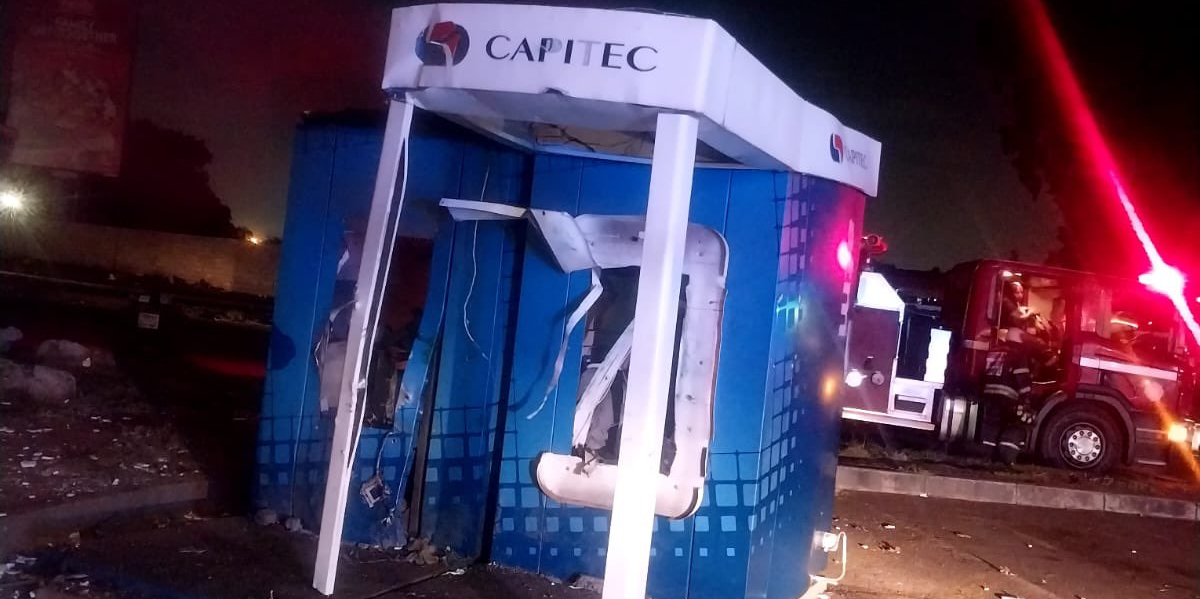In recent weeks, the scourge of Automated Teller Machine (ATM) bombings has caused suffering in the community of Thokoza, Ekurhuleni, east of Johannesburg, leaving behind a trail of destruction and distress. These acts of violence not only target the bank infrastructure but also have devastating consequences on the lives of ordinary people in the communities.
One of the most immediate and visible impacts of ATM bombings is the damage to property, as the machines in Thokoza are often placed near houses in residential areas.
“The force of the explosions shatters windows and causes damage to nearby houses and surrounding buildings, resulting in financial loss, because houses have to be fixed and walls have to be rebuilt,” said Thabang Mofokeng, whose house was recently damaged during an ATM bombing.
ATMs play an important role in improving the lives of previously disadvantaged communities and are crucial in growing the township economy. Many businesses, such as street vendors and spaza shops, rely on these machines for their daily transactions.
Elderly, eligible parents, and community members, also greatly rely on these ATMs to withdraw grant money, transport money to commute to and from work, and buy their daily conveniences such as groceries and medication.
“When ATMs are bombed and are no longer operating, they disrupt the financial flow of the community, leading to lost profits for street vendors, potential job losses for employees who have to travel far to withdraw money, and increased poverty as people have to spend money to access money for their daily survival,” said Thabiso Ngwenya, a small business owner in Thokoza.
These issues have a serious effect on the entire community, leading to a decline and a loss in the local township economy. Beyond the immediate physical and financial impacts, ATM bombings set working class communities back, as these communities have only recently started enjoying the convenience of having ATMs and shopping centres at their doorstep.
“Members of our communities, particularly pensioners and the disabled, may be vulnerable, as they may need to travel long distances to withdraw money, which often leads them to be robbed in town, and sometimes they get lost as some have underlying sicknesses that don’t require them to travel far from home,” said Ncumisa Mithi, a social worker.
Community Members must organise and take a stand together to condemn this violent act.
It is the responsibility of every community member, as responsible citizens, to work towards finding solutions to prevent them in the future. Whether through increased community policing efforts or greater awarenesses, we must all play our part in ensuring the safety and well-being of our communities.
This article was submitted on 22 April 2024. You may republish this article, so long as you credit the authors and Karibu! Online (www.Karibu.org.za), and do not change the text. Please include a link back to the original article.
Will add information


 Download PDF
Download PDF